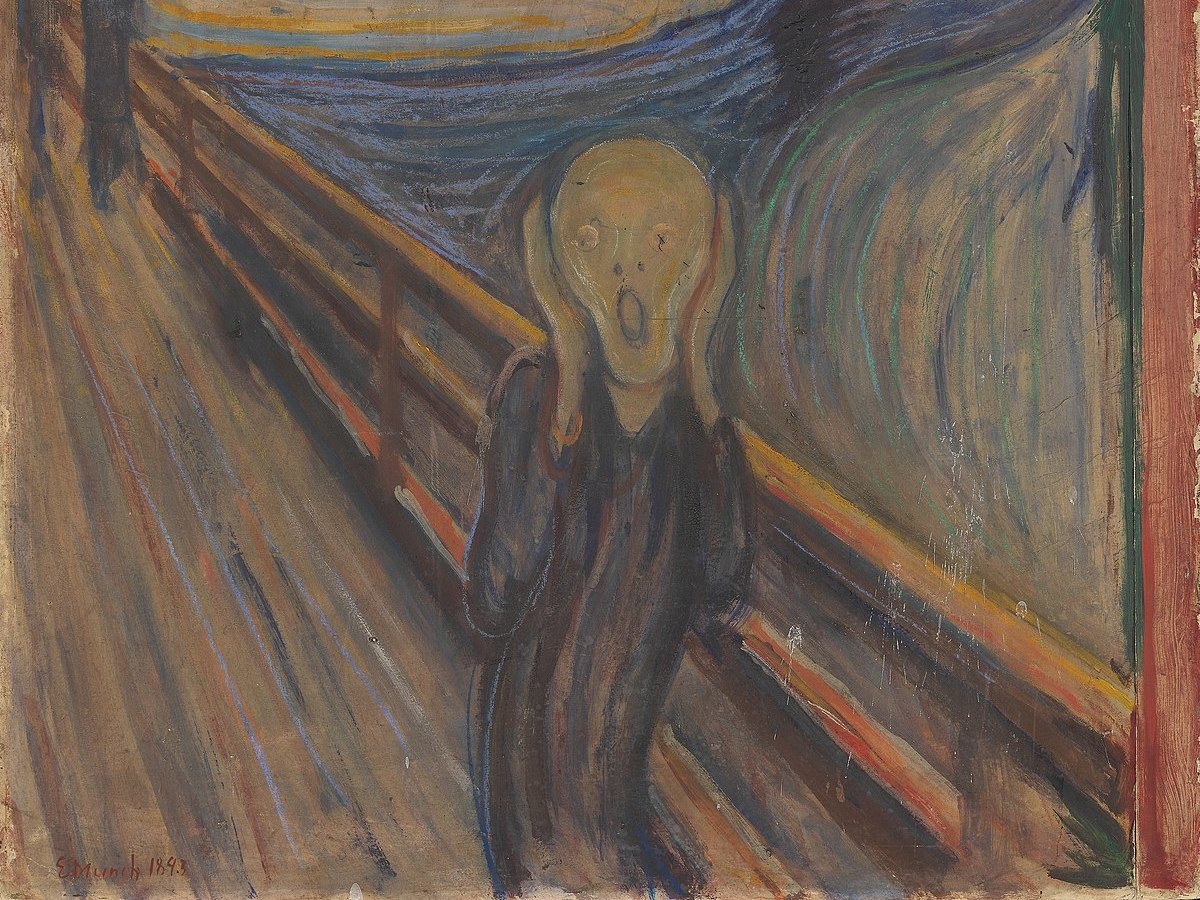HUMS 339, European Intellectual History Since Nietzsche

Course Description:
Major currents in European intellectual history from the late nineteenth century through the twentieth. Topics include Marxism-Leninism, psychoanalysis, expressionism, structuralism, phenomenology, existentialism, antipolitics, and deconstruction.
Led by
|
|
Professor Marci Shore teaches European cultural and intellectual history. She is the author of The Taste of Ashes: The Afterlife of Totalitarianism in Eastern Europe (Crown, 2013), Caviar and Ashes: A Warsaw Generation’s Life and Death in Marxism, 1918-1968 (Yale University Press, 2006) and the translator of Michal Glowinski‘s Holocaust memoir The Black Seasons (Northwestern University Press, 2005). Her newest book is titled The Ukrainian Night: An Intimate History of Revolution Yale University Press); she is also at work on a longer book project titled Phenomenological Encounters: Scenes from Central Europe. Among her articles and essays are “Czysto Babski: A Women’s Friendship in a Man’s Revolution” and “Engineering in the Age of Innocence: A Genealogy of Discourse Inside the Czechoslovak Writer’s Union, 1949-1967,” in East European Politics and Societies; “Children of the Revolution: Communism, Zionism, and the Berman Brothers” in Jewish Social Studies; “Conversing with Ghosts: Jedwabne, Zydokomuna, and Totalitarianism” in Kritika: Explorations of Russian and Eurasian History; “Tevye’s Daughters: Jews and European Modernity” in Contemporary European History; “When God Died: Symptoms of the East European Avant-Garde-and of Slavoj Zizek” in Slovo a smysl/Word and Sense: A Journal of Interdisciplinary Theory and Criticism in Czech Studies; and “Man liess sie nicht mal ein paar Worte sagen,” in the Frankfurter Allgemeine Zeitung, “(The End of) Communism as a Generational History” in Contemporary European History; “‘If we’re proud of Freud…: The Family Romance of Judeo-Communism” in East European Politics and Societies; (Modernism in) “Eastern Europe” in The Cambridge Companion to European Modernism; “On Cosmopolitanism and the Avant-Garde, and a Lost Innocence of Mitteleuropa” in Utopia/Dystopia; “Narcissism and Its Discontents” in European Studies Forum; and “Can we see ideas? On evocation, experience, and empathy” in Modern European Intellectual History. |
